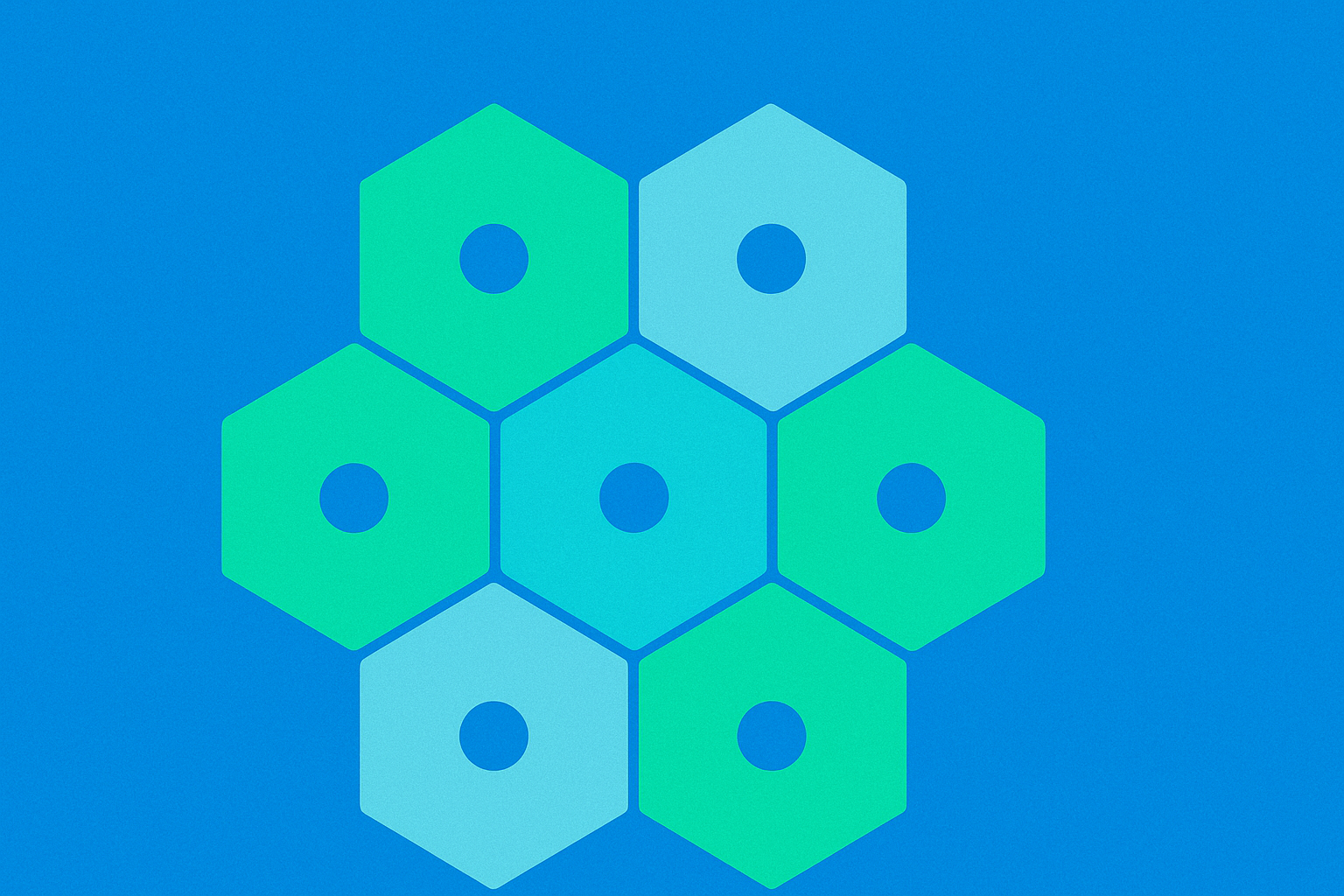decentralized autonomous organization

Decentralized Autonomous Organization (DAO) is an organizational form built on blockchain technology that implements automated governance through smart contracts without requiring traditional centralized management structures. DAOs operate according to code-defined rules and incentive mechanisms, enabling all participants to collectively make decisions and manage organizational resources. This innovative model fundamentally transforms traditional organizational governance, providing a new paradigm for community collaboration, investment management, and project development, playing a key role especially in the Web3 ecosystem.
Work Mechanism: How does DAO work?
DAOs operate based on smart contracts and blockchain technology, achieving fully transparent and immutable governance mechanisms:
- Smart Contract Foundation: All organizational rules, decision-making processes, and fund allocation mechanisms are implemented through smart contract code, ensuring automated execution without human intervention
- Token Governance: Most DAOs use governance tokens to grant voting rights to holders, with voting power typically proportional to token holdings
- Proposal and Voting Systems: Members can submit improvement proposals, which are decided upon by community voting, with the entire process publicly verifiable on-chain
- Automatic Execution: Once a proposal is approved, smart contracts automatically execute corresponding operations, such as fund transfers or parameter adjustments
- Incentive Mechanisms: Through token rewards and other methods, members are encouraged to actively participate in organizational governance and make decisions beneficial to overall development
What are the key features of DAO?
-
Decentralized Decision-Making:
- Eliminates central authority structures found in traditional organizations, with decision-making power distributed among all members
- Any participant can make proposals and vote based on preset rules, preventing power concentration
-
Transparency:
- All decisions, fund movements, and governance actions are publicly recorded on the blockchain
- Anyone can audit and verify organizational activities, effectively preventing corruption and behind-the-scenes manipulation
-
Global Participation:
- Breaks geographical limitations, allowing individuals from any region worldwide to participate in DAO governance
- Lowers organizational participation barriers, promoting broader consensus formation
-
Autonomy:
- Organizations operate autonomously according to preset rules, without requiring third-party intermediaries or management intervention
- Rules are executed through code, reducing efficiency losses and trust issues caused by human factors
-
Use Cases:
- Investment DAOs: Collectively manage investment portfolios, such as FlamingoDAO and MetaCartel
- Protocol Governance DAOs: Manage DeFi protocol parameters and upgrades, like Uniswap and Aave
- Social DAOs: Build communities around common interests, such as Friends With Benefits
- Service DAOs: Provide decentralized services, like Raid Guild (development services) and LexDAO (legal services)
Future Outlook: What's next for DAO?
As an innovative organizational form, DAOs are in a rapid development phase with future trends including:
-
Legal Recognition and Regulatory Frameworks: As DAOs expand their applications in the business world, multiple jurisdictions have begun exploring legal frameworks adapted to DAOs, such as Wyoming's DAO legislation
-
Cross-Chain Interoperability: Future DAOs will no longer be limited to single blockchains but will be able to collaborate and share resources across chains, expanding their sphere of influence
-
Governance Innovation: Voting mechanisms will become more sophisticated, including quadratic voting, reputation systems, and liquid democracy, addressing current issues of low participation rates and governance attacks
-
Real-World Integration: DAOs will gradually penetrate traditional industries, managing physical assets, community projects, and even public infrastructure
-
Specialization and Division of Labor: More DAOs focused on specific domains will emerge, as well as meta-DAOs providing DAO management tools and services
From a technical perspective, modular DAO tools will mature, lowering technical barriers to creating and operating DAOs, while on-chain identity and reputation systems will help address trust challenges in anonymous environments.
DAO innovation will continue to challenge our traditional understanding of organization, collaboration, and value creation, potentially becoming a mainstream organizational form in the future.
Decentralized Autonomous Organizations represent a revolutionary challenge to traditional organizational structures through blockchain technology. Through automated governance mechanisms implemented by smart contracts, DAOs create a collaboration model that requires no trusted intermediaries, is globally open, and highly transparent. Although DAOs currently face challenges such as ambiguous legal status, governance efficiency, and security risks, with technological maturity and accumulated practical experience, DAOs have the potential to become an important component of future organizational forms, playing an increasingly important role in the digital economy. DAOs are not just a technological innovation but a fundamental reshaping of traditional power structures and decision-making mechanisms, offering new possibilities for human collaboration.
Share
Related Articles

The Future of Cross-Chain Bridges: Full-Chain Interoperability Becomes Inevitable, Liquidity Bridges Will Decline

Solana Need L2s And Appchains?
